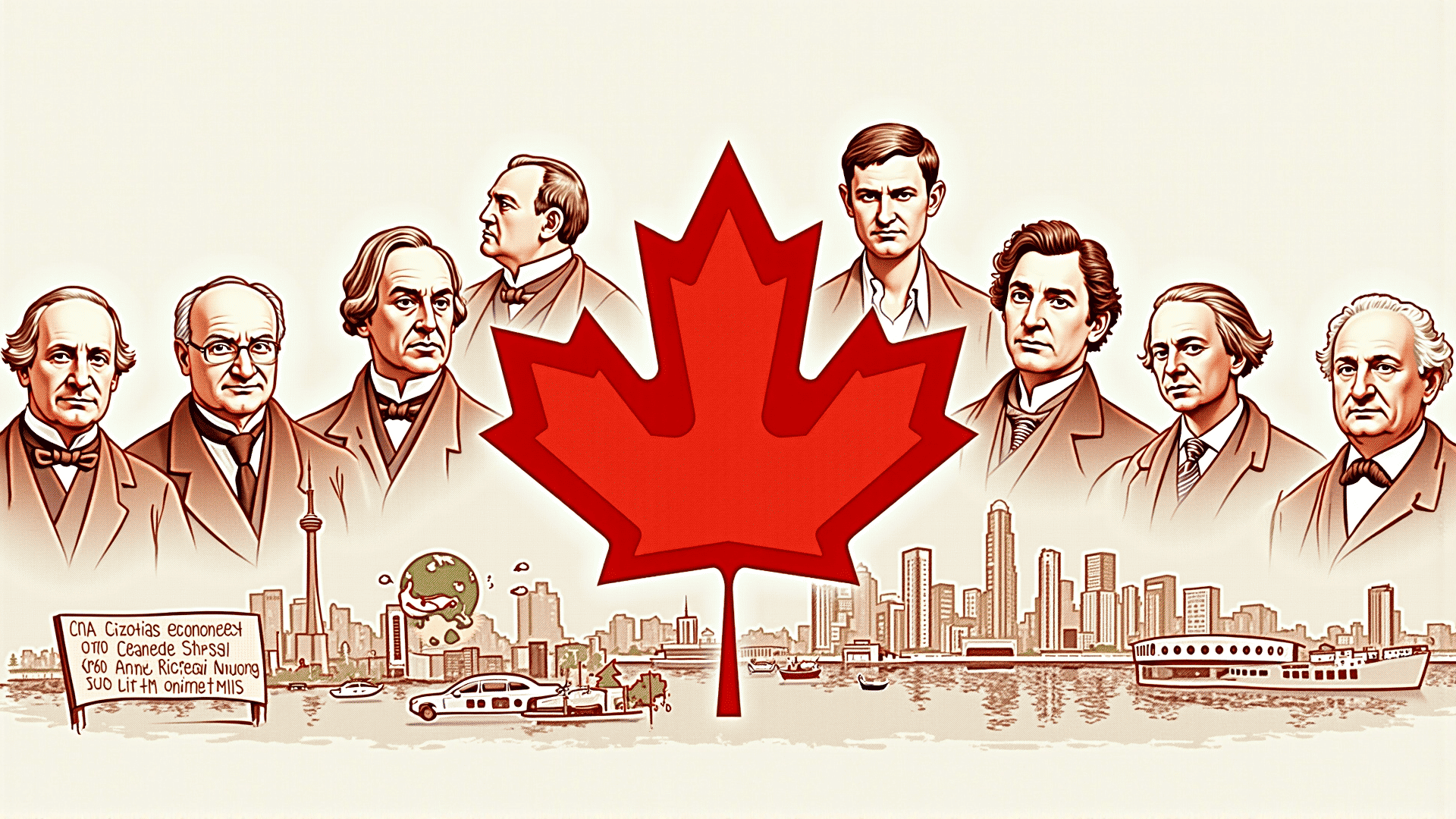Economic theories serve as a vital compass for guiding Canada's policies and market behaviors, especially as the country navigates the complexities of an ever-evolving global environment. From tackling the challenges of inflation to steering sustainable development, these concepts offer crucial insights and frameworks for policy-makers and business leaders alike.
One of the foundational approaches shaping Canada’s economic strategies is Keynesian economics, which emphasizes the role of government intervention in the marketplace. This theory suggests that proactive fiscal policies can mitigate economic fluctuations and spur growth. Canada frequently utilizes these ideas during downturns by implementing government-led initiatives to stimulate economic activity, thereby helping to maintain stability in the broader economy.
Another influential theory is Monetarism, which argues that the best way to manage an economy is by controlling the supply of money. The Bank of Canada plays a critical role in setting monetary policy, aiming to keep inflation in check by adjusting interest rates. This approach helps to stabilize the currency's purchasing power, ensuring that prices remain relatively steady over time. Consequently, Canadian consumers and businesses are provided with a predictable financial environment in which to plan and operate.
Furthermore, global economic trends necessitate an adaptive strategy that incorporates elements of globalization and international trade theory. Canada’s approach includes fostering free trade agreements with various countries to expand market access for its goods and services. This strategy not only enhances economic ties but also bolsters Canada’s competitive position on the world stage. By leveraging comparative advantage—producing goods where they are most efficient—Canada maximizes its economic output and fosters stronger global partnerships.
Environmental economics also plays a pivotal role in shaping Canada’s sustainable development goals. The growing awareness of climate change and resource depletion has led to policies that integrate economic activity with ecological stewardship. By adopting theories that advocate for green technology and renewable energy sources, Canada aims to create an economy that is both prosperous and environmentally responsible. This forward-thinking approach ensures long-term resource availability and aligns with global efforts to combat environmental challenges.
Behavioral economics is another emerging field influencing Canada’s economic landscape, where insights into human behavior help improve policy outcomes. By understanding how psychological factors affect decision-making, policy-makers craft initiatives that better align with human tendencies. Whether through encouraging savings or promoting fair trade practices, these insights enable more effective solutions that resonate with societal values and goals.
In conclusion, economic theories provide the foundational principles upon which Canada builds its policies and responds to global shifts. By integrating varied approaches—Keynesian, Monetarist, globalization, environmental, and behavioral—Canada positions itself to effectively manage economic challenges and opportunities. This strategic blend not only fortifies the nation’s economic resilience but also contributes to a more inclusive and sustainable future.
